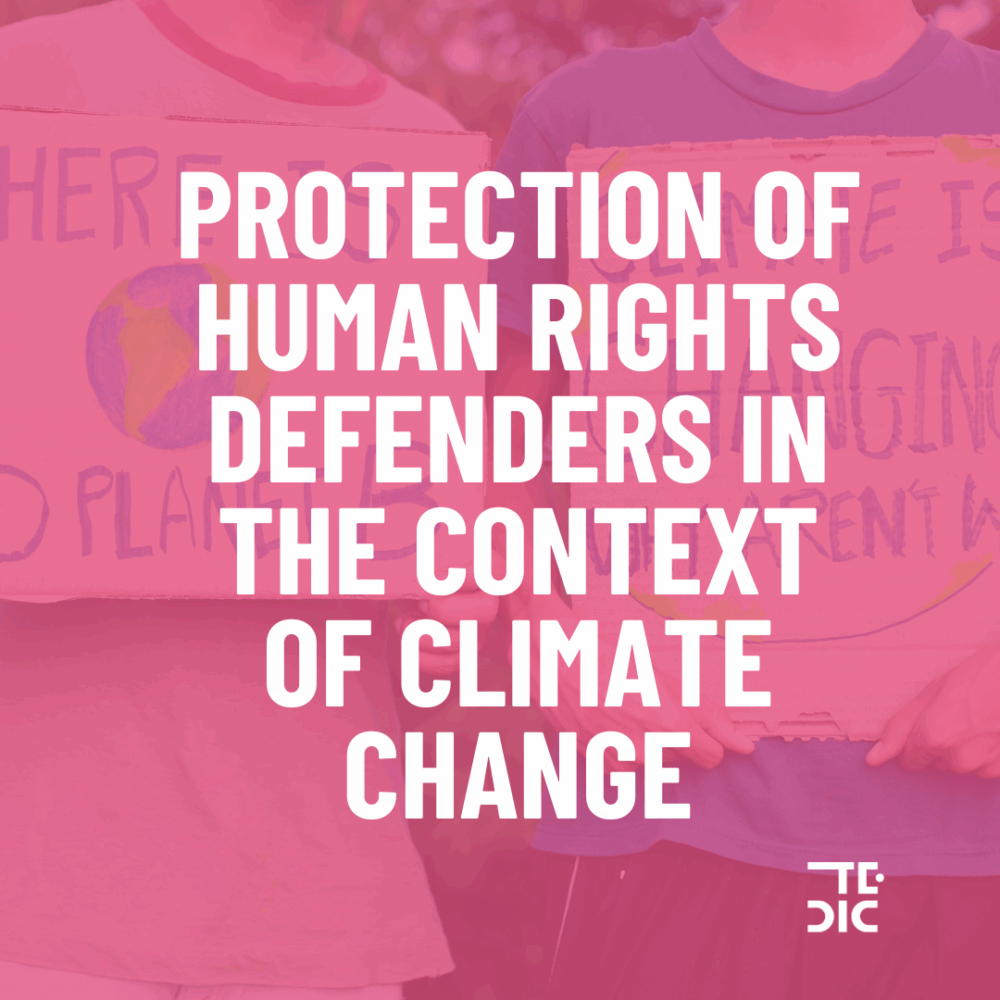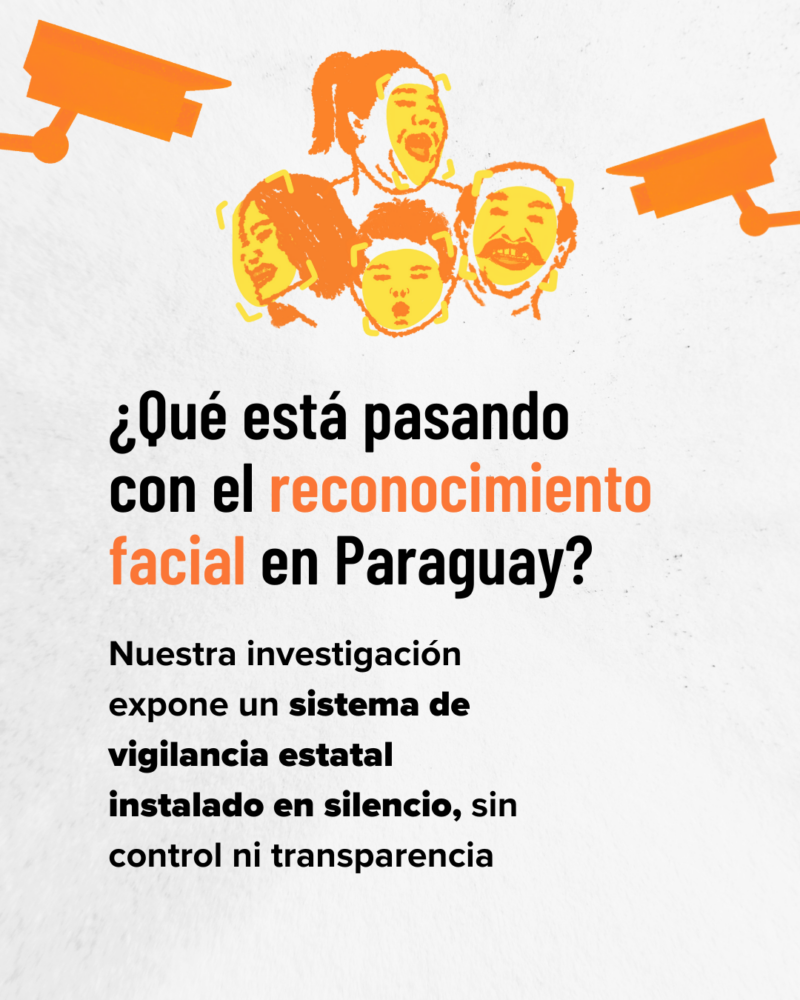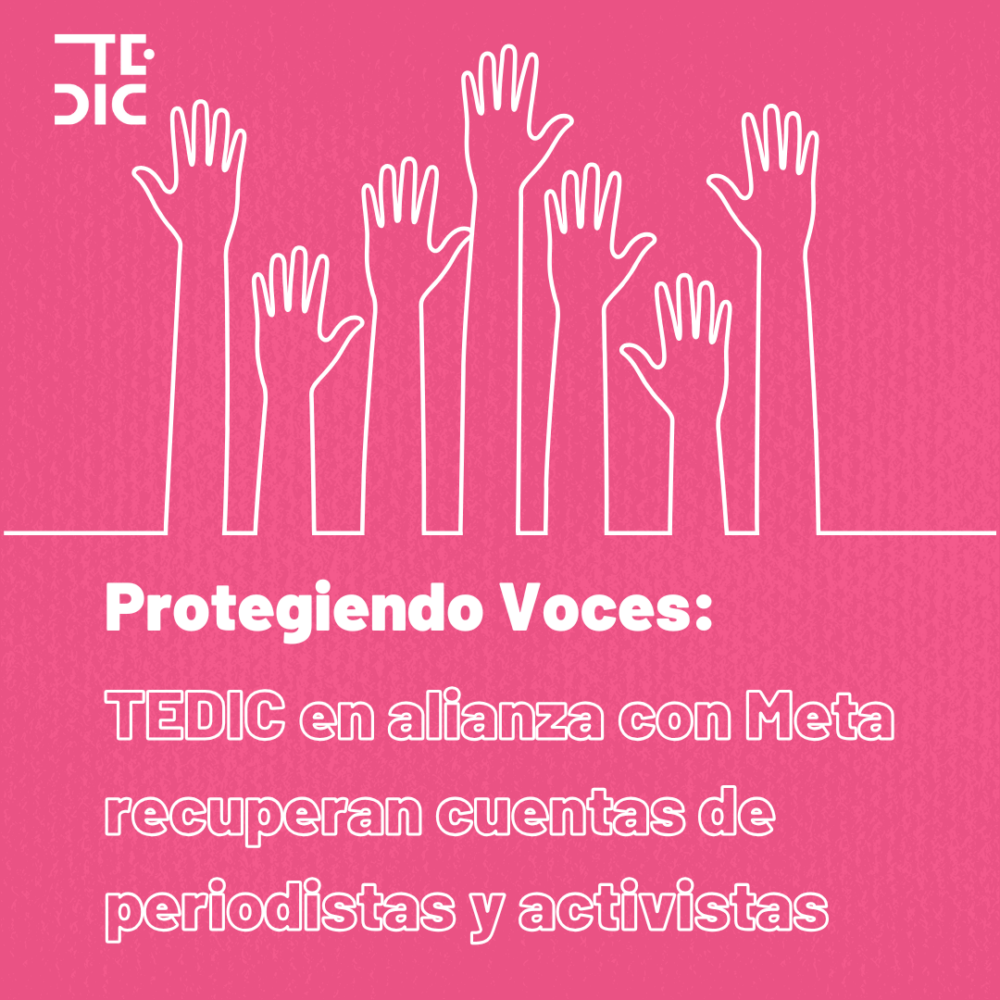
At TEDIC, we contributed to the call by the Special Rapporteur on Human Rights Defenders for the Report on Human Rights Defenders Working on Climate Change and a Just Transition. The document, which also included the participation of other organizations such as Derechos Digitales and Instituto Nupef, addresses how the use of ICTs can combat or exacerbate the risks these defenders face.
The report focuses specifically on Latin America, a region that is home to more than 40% of the planet’s biodiversity and is also considered the most dangerous for those who protect it. As an organization that promotes and defends digital rights in all environments, we made a contribution based on the issues affecting peasant and indigenous women defenders in Paraguay: internet access, digital security, hate speech, and technology-based gender-based violence, among others.
Connectivity Restrictions in Environmental Conflict Zones
Meaningful internet access is a key tool for the work of environmental defenders in Latin America, allowing them to report violations, organize in communities, defend their territories, and exercise fundamental rights. However, structural connectivity gaps differentially affect indigenous, peasant, and traditional communities that protect biodiversity. In this regard, at TEDIC, we were able to investigate and document violations linked to connectivity restrictions in socio-environmental conflict zones in the country (Northern Zone: departments of Concepción, San Pedro, and Amambay).
Testimonies and technical data reveal the structural precariousness, lack of institutional transparency, and possible deliberate blackouts during security operations, which directly affect the defenders’ capacity to act. The UN Special Rapporteur has also warned that these blackouts, especially in contexts of protests, constitute a disproportionate violation of freedom of expression and access to information. Furthermore, our investigations show that Universal Service Funds, administered by CONATEL—the telecommunications regulatory body in Paraguay—have been diverted to purchase surveillance technologies, such as facial recognition cameras, delivered to municipalities and the Ministry of the Interior, instead of investing in improving connectivity in historically underserved areas.
Hate Speech and Technology-Facilitated Gender-Based Violence
The digital environment must be a space where people can freely and safely exercise their rights. For environmental defenders, the internet has become an enormously relevant sociopolitical tool, and at the same time, another contested space. In this context, women defenders, in all their diversity, face the greatest threats from misinformation and hate speech circulating online, which also gives rise to technology-facilitated gender-based violence.
A study we led at TEDIC together with the Karisma Foundation (Colombia) shows that activists, mainly in rural areas, use digital technologies in contexts of high exposure and limited protection. The majority of activists in Paraguay reported no more than an intermediate level of technological proficiency.
Indigenous and Afro-descendant women defenders are systematically harassed on digital platforms, combining sexist, racist, and disinformation-based violence. Beyond the individual harm, these practices affect their collective rights, fragment the community fabric, and weaken their struggle.
These women defenders face a double vulnerability: due to their territorial role and due to gender. More than 75% have not received training in digital security and lack institutional protocols. The most common threats include hacking, phishing, online harassment, and unauthorized surveillance. Confiscation of devices and misuse of recordings have also been documented. Gender-based digital violence—such as cyberbullying, sextortion, and doxxing—further exacerbates their situation, especially where WhatsApp and social media are primary channels of communication.
Some recommendations for States
• Ensure meaningful connectivity from an intercultural perspective
• Prohibit blackouts in conflict contexts
• Include environmental justice in digital inclusion policies
• Recognize and guarantee the exercise and sustainability of community networks
• Develop information integrity policies with a gender and intersectionality perspective
• Include women defenders in discussions on the design and implementation of public information and climate policies
• Include cybersecurity in policies to protect women defenders
• Pass comprehensive data protection laws
• Train authorities to respond to technology-facilitated violence
Read the full report here.

 Not with my face: The Paraguayan State deploys facial recognition without transparency or oversight
Not with my face: The Paraguayan State deploys facial recognition without transparency or oversight  Defending those who defend us
Defending those who defend us